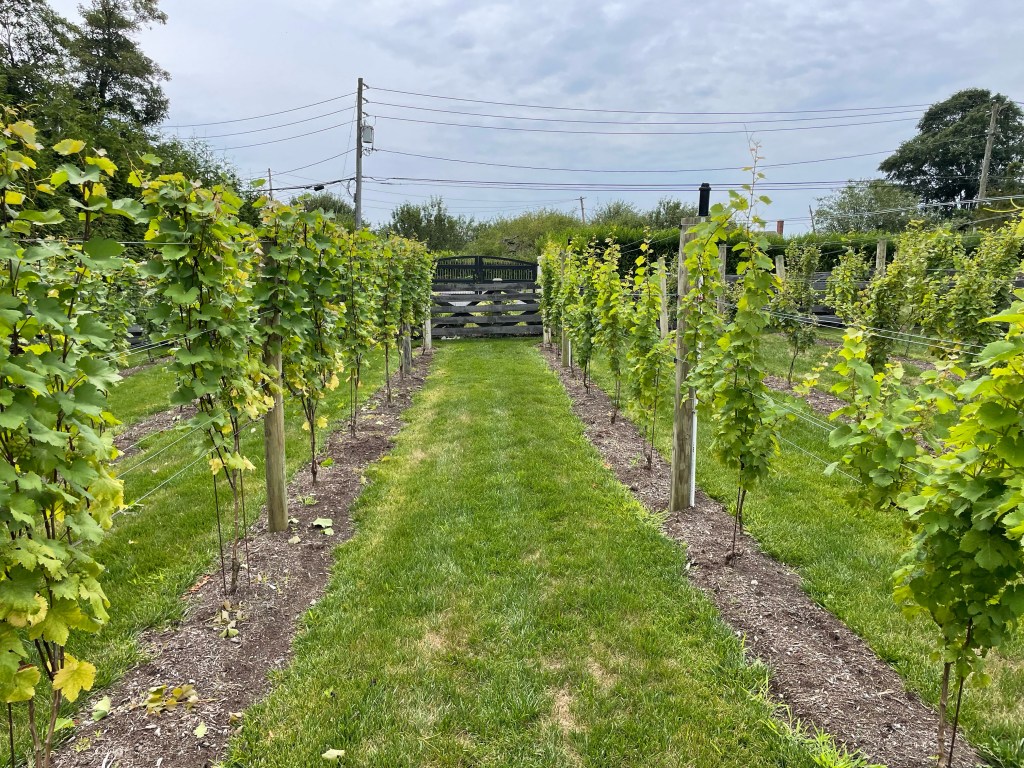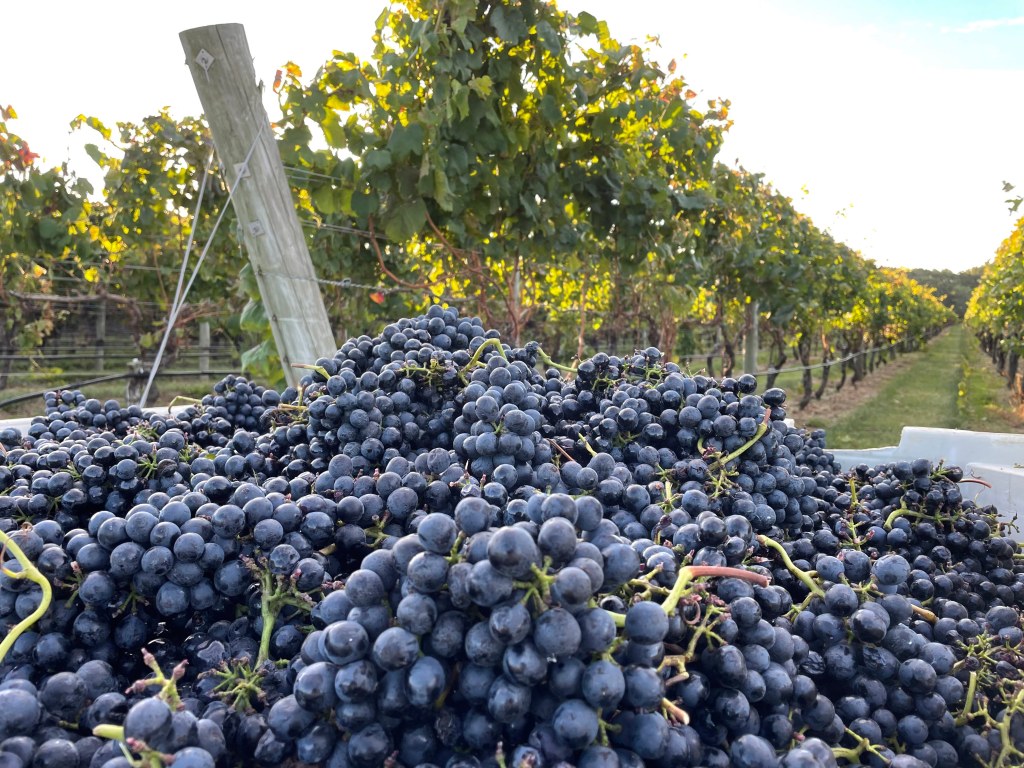If you’ve always dreamed of owning your own vineyard Out East, but never found the cash or the sprawling estate, turn to Stephen Scarnato.
As the Long Island Vine Care founder explains, all you need is one-tenth of an acre, and he’ll come plant and tend it.
Voilà, your own micro-vineyard.
The project costs around $25,000 per plot to install; budget around the same again for annual maintenance.
By Year 3, you could be drinking one of 100 or so bottles of your own personal vintage.
(Scarnato’s service also includes winemaking and bottling.)

The founder is already working with 30 such customers in the region, most based on or near East Hampton.
But even his deep-pocketed patrons with vast estates usually stick to the postage stamp-sized option he specializes in.
“No one wants to give up their whole yard to become a vineyard,” he laughs.
Scarnato’s clients are more enthusiasts than connoisseurs — “I guarantee none of my customers has a Wine Spectator subscription,” he says — and are keen to add a fun element to their home rather than compete for trophies.
Scarnato, however, has been passionate about wine since his teens growing up in Nassau County, where he started making pours in the basement with his Italian father.
He later worked in the tasting room at Wölffer Estate in Sagaponack before he stumbled on the idea for his startup.
Scarnato spotted a small plot of grapes in the garden of a bed-and-breakfast, and offered to tend them for the owner.
He quickly recognized other elite East Enders might want the same turnkey service.

That was almost a decade ago; Scarnato has since grown his thriving business mostly by word of mouth.
He doesn’t shirk from tricky requests from well-heeled clients, including one who asked if he could source a rare East European grape that once grew in her family’s Slovakian vineyards.
He started digging for solutions and learned that the grape she mentioned was simply another name for Blaufränkisch or Lemberger — a vine cleared for planting and ready to thrive.
“I met [my client’s] mom, who was in her 90s when she visited, and it was such a moving experience when she painted the picture of what her family’s farm was like.”
Scarnato’s go-to grapes, though, are merlot and albariño, among others, usually planted in a mixture, even on a scrap of land, better to test what might thrive.
The only thing he steers clients clear from?
“If someone is dead set on pinot noir, I have to talk them out of it. Even if we grow the best, it won’t taste like their expectations.”
No need for sour grapes when you own the vineyard.














